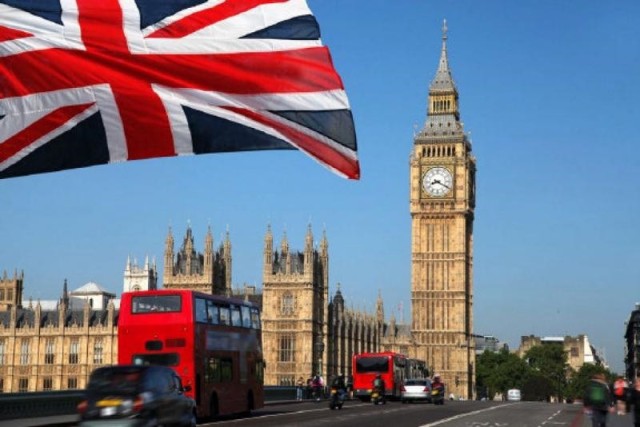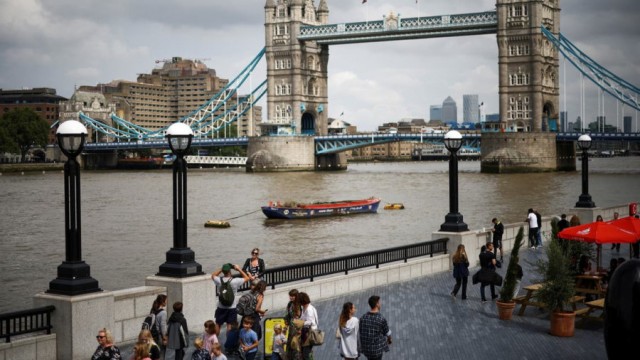British health officials stated that they believed a pandemic was imminent in 1997, and accordingly drew up a contingency plan for a pandemic influenza in 1997, which included the possible closure of schools, widespread vaccination and restrictions on global travel.
According to Arabiya Net, according to old and archived documents revealed by the British press in reports, British doctors have believed since 1997 that the epidemic was imminent and likely to come from the Far East.
It appears from the documents that Northern Ireland's Department of Health, Social Services and Public Safety received a UK-wide contingency plan for an influenza pandemic in March 1997.
The plan stated: the emergence of a new strain of influenza virus with a marked mutation - a new virus; a high proportion of susceptible persons in the population, that is, they do not have immunity to the new virus, either from vaccination or from previous infection with a similar virus; Evidence that the new virus can spread and cause disease in humans.
The document notes that new strains of influenza often start in Asia before spreading to Europe.
If this happens, she adds, there will likely be some warnings before a new strain emerges in Britain, although the spread could be very rapid.
At that time, the first human cases of bird flu (H5N1) killed a number of people in Hong Kong, but the outbreak was eventually contained after a mass culling of chickens.
The emergency plan warns that any flu that begins in China is likely to spread quickly due to China's opening up to trade and tourism, increased international movement of people and greater use of rapid transit.< /p>
In response, Dr. Elizabeth Mitchell, chief medical officer of Northern Ireland, formulated her own plan in December 1997.
Mitchell recommended that the priority should be to secure supplies of the vaccine against the new strain and to immunize as many people as possible, especially the populations most at risk of serious illness or death.
The plan states that the spread of the disease is unlikely to be halted, but it can be slowed by reducing non-essential travel, especially long-distance travel, and encouraging people with Sickness to stay at home.
Closing schools may cause some problems, especially for working parents, but it would be an option to consider, especially if teacher absenteeism reaches levels that schools cannot afford, she adds. work in it.
Dr. Mitchell's report also notes that admissions and non-urgent operations to the hospital need to be reviewed and may need to be suspended to free beds.
Eventually, however, the plans were shelved as the pandemic did not emerge and cases of bird flu were contained in Asia.









































